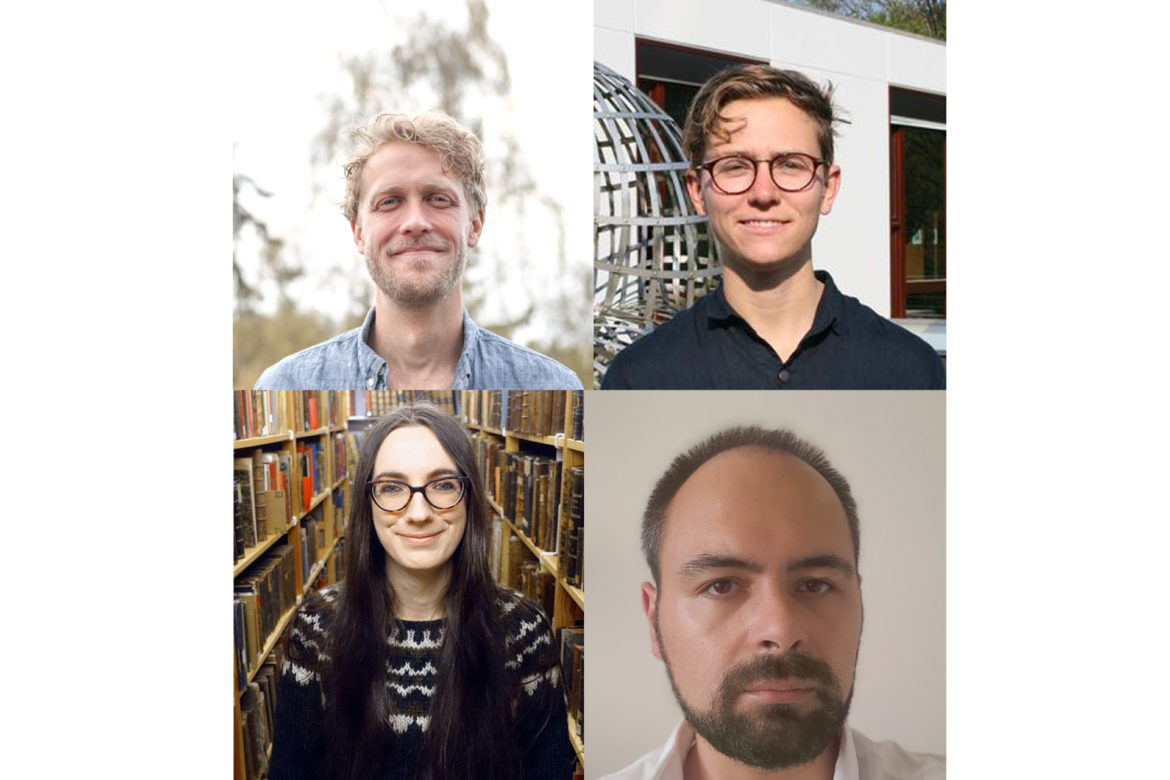
Introducing the Young CAS Fellows for 2021-23
Helen Frances Leslie-Jacobsen, Daniele Miano, Kristin Shaw and Kjetil Lysne Voje are the first scholars selected for the expanded Young CAS Fellow programme.
The CAS Board of Directors has selected the Young CAS Fellow projects for the period of August 2021 to June 2023.
The projects will be the first enrolled in CAS’ two-year programme for young scholars. During the first year, the fellows will organise three intensive workshops, enabling them to develop their research projects and professional networks. The second year is a condensed version of what ordinary CAS project leaders do, namely gather their core group for a research stay with time and space to focus fully on their research. The stay lasts for two months.
Heroic ballads from the Faroe Islands
Helen F. Leslie-Jacobsen, researcher in Medieval Philology at the University of Bergen (UiB).
Ballads Across Borders: The Faroe Islands in the Norse Story-Telling World
(BARD)
Leslie-Jacobsen describes her project as the first of its kind to approach the medieval heroic ballads from the Faroe Islands from the perspective of Old Norse philology, thus placing and relating them to their cultural context.
‘My project will analyse the place of the Faroese ballads in their wider cultural context in the medieval North, and, since the Faroese heroic ballads are very understudied, the project will begin to plug a large gap in research and make the material available to other scholars,’ Leslie-Jacobsen said.
In addition to article publications, the UiB scholar plans that her Young CAS Fellow group will translate all the Nordic ballads concerning the hero Sigurðr Fáfnisbani.
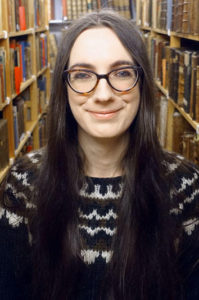
Measurement theory and the evolution of biodiversity
Kjetil Lysne Voje, researcher at the University of Oslo (UiO)
The Importance of Measurement Theory in Paleobiology
‘The fossil record contains information on evolution of life before our own time. Quantitative analyses of data from fossils have therefore made important contributions to evolutionary biology,’ Lysne Voje said. ‘Discussions and awareness of measurement theory in such studies are rare, however, and violations of measurement theoretical principles obfuscate certain results in previous work.’
The evolutionary biologist suggests that measurement theory remains virtually unknown in large parts of biology, including the field of paleobiology, and aims at changing this through his Young CAS Fellow project.
Lysne Voje participated as a fellow in the project Evolvability: A New and Unifying Concept in Evolutionary Biology? at CAS during the 2019/20 academic year.
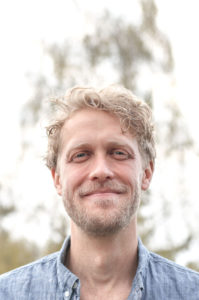
Roots of universal history
Daniele Miano, associate professor in ancient history at the University of Oslo (UiO)
The Roots of Universal History: The Empire, the World, and the Historian (c.200 BCE – 1681 CE)
The legacy of the long history of universal historiography is controversial, and creating universal narratives can be interpreted as an act suppressing the voice of the subaltern (a term meaning lower social classes and marginalised groups), Miano explains in his project proposal.
In his project, the historian will explore the hypothesis that ‘if it is empires that make universal history possible, the pre-modern origins of this historiography do not necessarily endorse imperial power.’ On the contrary, it can represent a way of controlling the political discourse around empires and even a form of resistance to imperialism, Miano elaborates in the proposal.
According to Miano, the most innovative aspect of his project will be to analyse universal historiography from possible subaltern perspectives, complicating its relationship with imperialism and power.
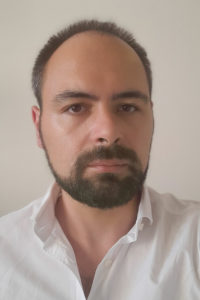
Tropical geometry – a two-way bridge between mathematical fields
Kristin Shaw, associate professor (tenure track) of mathematics at the University of Oslo (UiO)
Real Structures in Discrete, Algebraic, Symplectic, and Tropical Geometries (REACTIONS)
The goal of Shaw’s project is to study real structures in tropical geometry with a view toward applications to algebraic, symplectic and discrete geometries.
Shaw explains that the philosophy behind the research goal of the REACTIONS project is to use tropical geometry as a two-way bridge between mathematical fields. From one side, tropical geometry and discrete structures can be used to study properties of objects arising from algebraic geometry and the more general symplectic geometry. ‘Traversing the bridge in the other direction allows us to develop approaches to discrete mathematics which are inspired by tools in these more longstanding geometries,’ Shaw writes in the project proposal.
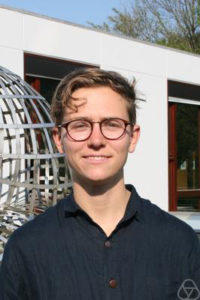
The Young CAS Fellow programme
The aim of the Young CAS Fellow programme is to support outstanding younger researchers by giving them the opportunity to build independent research networks and gain experience as research leaders. Young CAS Fellows can invite colleagues from all over the world to participate in group-based, independent and outstanding fundamental research.
The Young CAS Fellows receive funding and support for their research projects, and gain valuable experience from organizing multiple workshops and a two-month research stay. CAS provides funds, office space and administrative support. Read more about the Young CAS Fellow programme.

